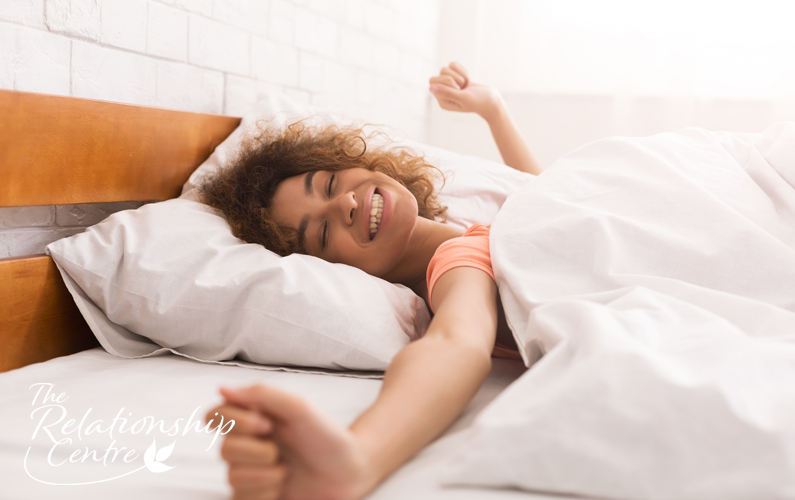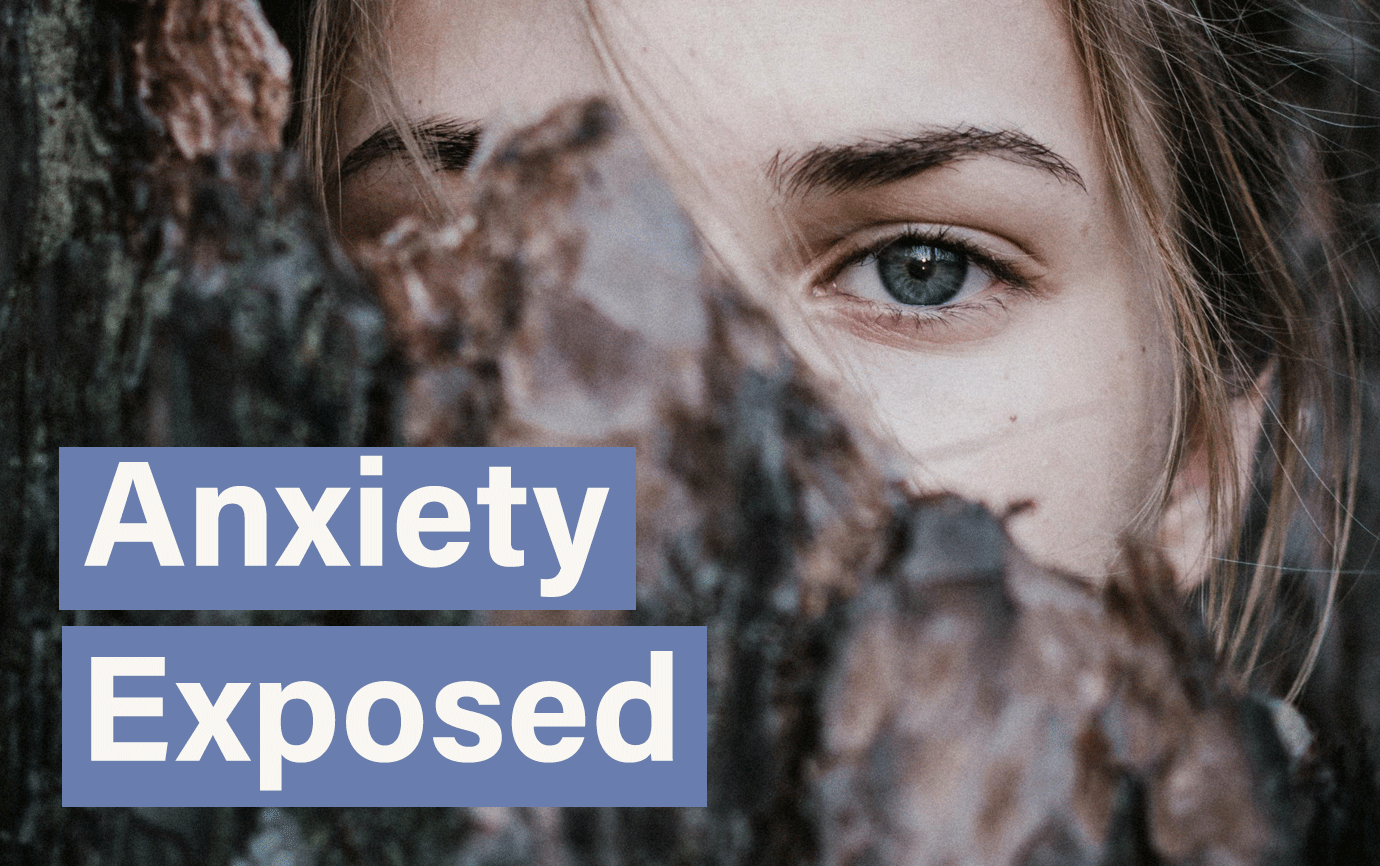Sleep is important to mental and physical wellbeing.
And when we do not get enough good quality sleep, we suffer the consequences.
Sadly, many people do not notice the negative effects of poor sleep because they rarely get enough quality sleep and they simply get used to feeling this way.
But there is hope to improve your sleep.
Top 10 Strategies for a Better Night’s Sleep
- Understand that as adults we need 7-8 hours of sleep a night. Your brain sets about restoring your cells during sleep – clearing away unnecessary brain debris and toxins. When you don’t get enough sleep, too many toxins accumulate, and the brain and body do not function as efficiently. Without enough sleep, you become vulnerable to diseases and illnesses.
- Make your bedroom a technology-free zone. I know – you love watching tv from your bed. You love playing on your phone while relaxing before you got to sleep. However, both interfere with your ability to signal your brain to shut down in preparation for sleep. The pineal gland in the brain is located near the eyes. This gland is responsible for the production and secretion of the hormone, melatonin. When you use your devices, you are sending light through the occipital nerve telling the pineal gland to stop the production of melatonin. Essentially it tells your brain to wake up and be alert. You should aim to stop using technology 1-2 hours before bed.
- Go to bed at the same time each night. Your brain releases melatonin about 30 minutes before it thinks you want to go to sleep. If your brain does not know when you are going to sleep, it won’t know when to release this important sleep hormone. It needs to be trained, which requires repetition.
- Avoid bright lights after the sun goes down. The melatonin that prepares you for sleep is inhibited by bright light. As it is getting closer to bedtime, turn off or down most of the lights in your home. An added benefit is the reduction in your energy bill.
- Exercise – Exercise is good for every aspect of our physical and mental wellness, and sleep is no exception. A hormone released through exercise – neuropeptide orexin – is essential for appropriate sleep regulation. However, exercising too late in the day can signal the brain and body to wake up, so best to exercise at least a few hours before bedtime.
- Do not eat a heavy meal before bed. After you eat your body needs plenty of time to metabolize your food. Going to bed after a big meal can lead to indigestion and acid reflux which are more common when you are horizontal.
- Create a routine for preparing to sleep. And use it every night. This helps separate yourself from the hectic nature of the rest of your day, and it prepares your brain for sleep. Just like with young children, we engage in a “winding down” routine to help them settle for sleep, you need the same process. The key is to avoid the use of technology and to find activities or rituals that are designed to calm and soothe you. Some suggestions include drinking an herbal tea, having a bath or shower, stretching, meditation or reading. Being consistent with this routine trains your brain that you are preparing for sleep.
- Clear the clutter from your head. If you feel too wired to sleep because you can’t shut your brain off and you are thinking about all the things you have to do – write them down. Take them out of your mind and put them somewhere so you can let them go.
- Avoid too much caffeine and alcohol during the evening. While alcohol may help you fall asleep, it disrupts the patterns of brain activity while you are asleep. That means your sleep is not as restful and you are likely to wake feeling tired.
- Try not to nap. The occasional nap is okay, but if they are part of your regular routine, they can interfere with being able to fall asleep at bedtime. Of course, if you have a health condition, naps may be necessary. However, if you are otherwise healthy and sleeping well, you will not feel the need to take a nap.
Try using some or all these suggestions to help you get better sleep. The bottom line is this: protect your sleep so your sleep can protect you.
by: Mary Joan Brinson MSW, RSW










